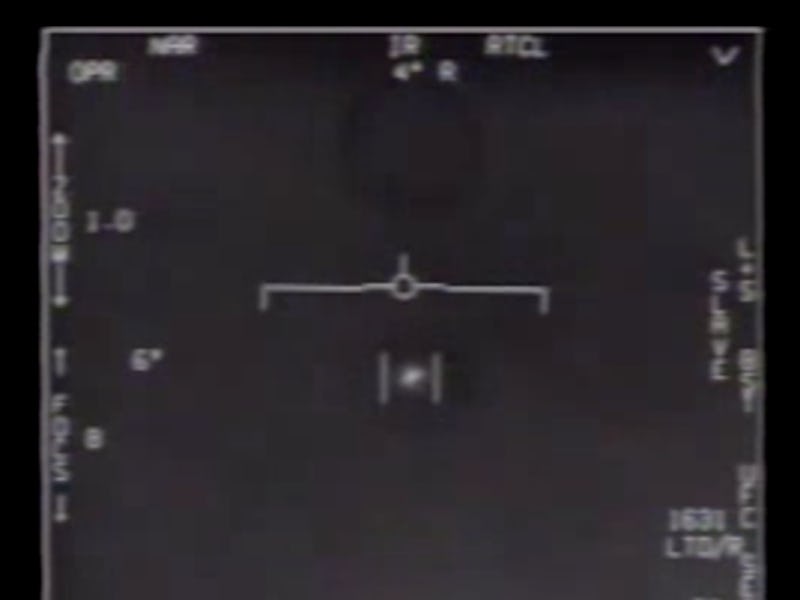What we look (and sound) like to aliens
In this episode, we discuss how science is helping us understand the concept of aliens — and vice versa.

If aliens have looked for signs of intelligent human life, they might hear sounds reminiscent of an underground party in a Brooklyn warehouse — where the eerie sounds are both chill and intense.
And the crafts they fly in to hear what Earth sounds like are also slightly eerie, as we've learned through new declassified video footage.
In this episode of The Abstract, we discuss how science is helping us understand the concept of aliens — and vice versa.
Our first story is about the interstellar objects recently found zipping through our solar system. In the spring of 2020, when the Pentagon released videos taken by US Navy pilots showing an "unidentified aerial phenomenon,” it caused a stir among UFO enthusiasts and skeptics alike. The strange phenomenon, unlike anything the Navy pilots had seen before, remains "unidentified,” but questions about the bizarre footage remain.
Our second story is about what aliens would actually hear if they flew by Earth. By capturing the sound of the Earth in five recordings, the spacecraft BepiColombo discovered a new understanding of space instruments and data collection —not to mention the perfect trippy space sounds to unwind to after a night of crop circling in Middle America.
Read the original Inverse stories here:
- UFO Pentagon video: 8 questions and answers about that bizarre footage
- This is what aliens would hear if they flew by Earth
Where to find us:
- Subscribe to The Abstract wherever you listen to podcasts: iTunes | Spotify | TuneIn | RadioPublic | Stitcher
- Follow Passant Rabie on Twitter
- Follow Inverse on Twitter
- We're hosted and produced by Tanya Bustos
—
Right now, facts and science matter more than ever. That's part of the reason for The Abstract, this all-new podcast from the Inverse staff that focuses exclusively on science and innovation. Three new episodes are released a week, and each covers one theme via two related stories. Each features audio of original Inverse reporting, where the facts and context take center stage. It's hosted by the Tanya Bustos of WSJ Podcasts. Because we're Inverse, it's all true but slightly off-kilter. It's made for people who want to know the whole story. —Nick Lucchesi, executive editor, Inverse
This article was originally published on